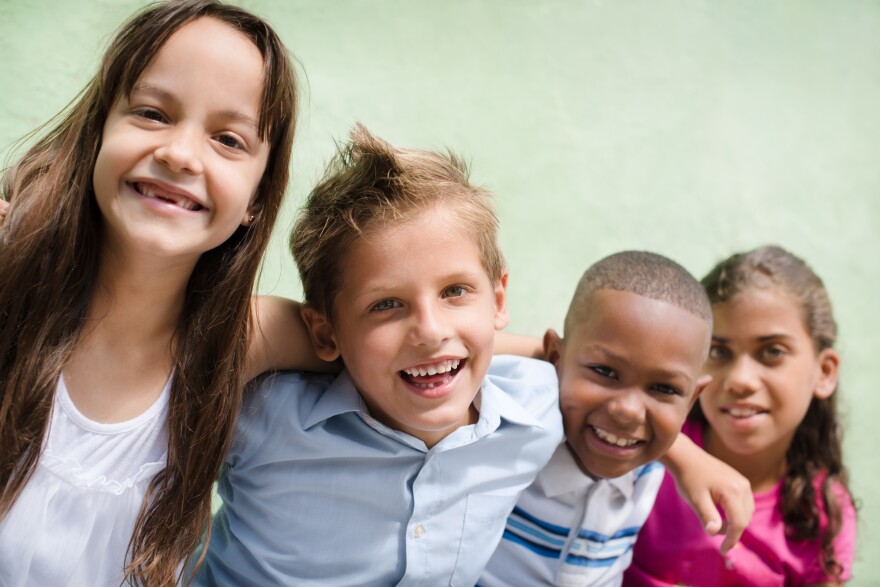Families with children in Utah and other states remained mostly steady over the past year in an annual report on children's wellbeing, but it warns that a return to pre-pandemic levels of support could harm millions of kids.
The 2021 KIDS COUNT Data Book from the Annie E. Casey Foundation tracks children's health, education and family stability by state. Utah's overall ranking, based on 2019 data, dropped slightly, from fourth place to fifth.
Leslie Boissiere, vice president of external affairs for the Foundation, said states need to enact policies that ensure kids have food and housing security, mental health care, and strategies to overcome racial inequality.
"We know that children who grow up in poverty have lower health outcomes," Boissiere explained. "They live in substandard housing that has issues like mold and lead that go untreated. Lower-income families live in poorer neighborhoods that have poorer-resourced schools, so their education outcomes tend to be worse."
The Data Book showed Utah made gains from 2010 to 2019 in most key indicators, but also saw increases in the rate of low birth-weight babies and child and teen deaths over the decade.
Martin Munoz, data analyst at Voices for Utah Children, said perhaps the biggest gain for Utah kids is coming in July with the expansion of the federal Child Tax Credit, which will directly provide families with $300 to $350 a month per child.
"With the number of children under 17, I believe they're close to a third of our population in Utah, it will make a significant difference in a lot of families to know that each month, they will have this money sent to their checking account," Munoz contended.
He asserted making the tax credit permanent would be a major step toward eliminating childhood poverty.
Munoz added while the current ranking, based on pre-pandemic data, is good, it could lull policymakers into a false sense of how Utah kids are really doing.
"That's where we need to make sure our legislators, our policymakers understand that we've slipped a little," Munoz emphasized. "But how much more are we going to slip, once we start seeing the COVID effects on some of these numbers?"
The Casey Foundation has published its KIDS COUNT Data Book each year since 1990.


